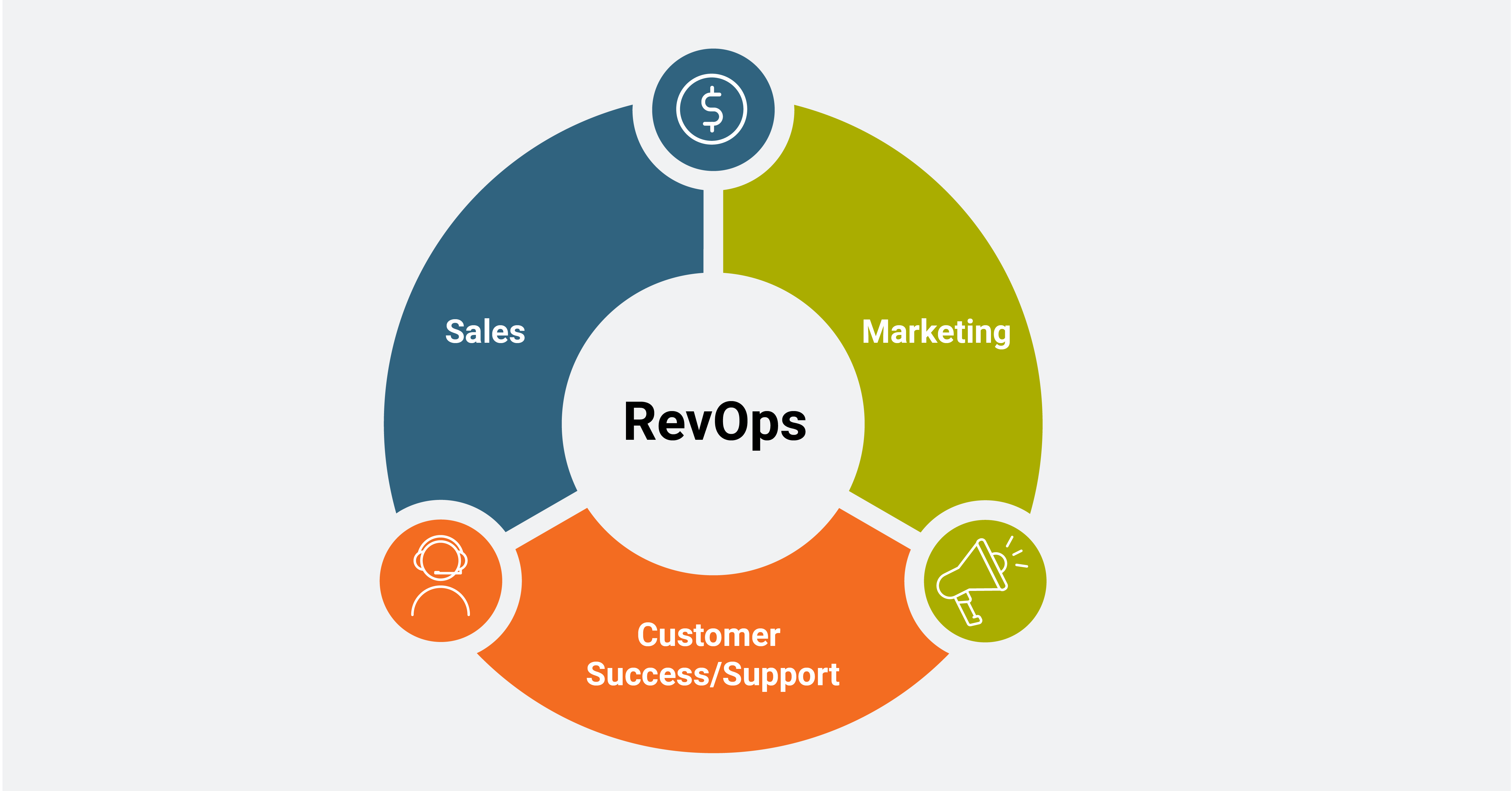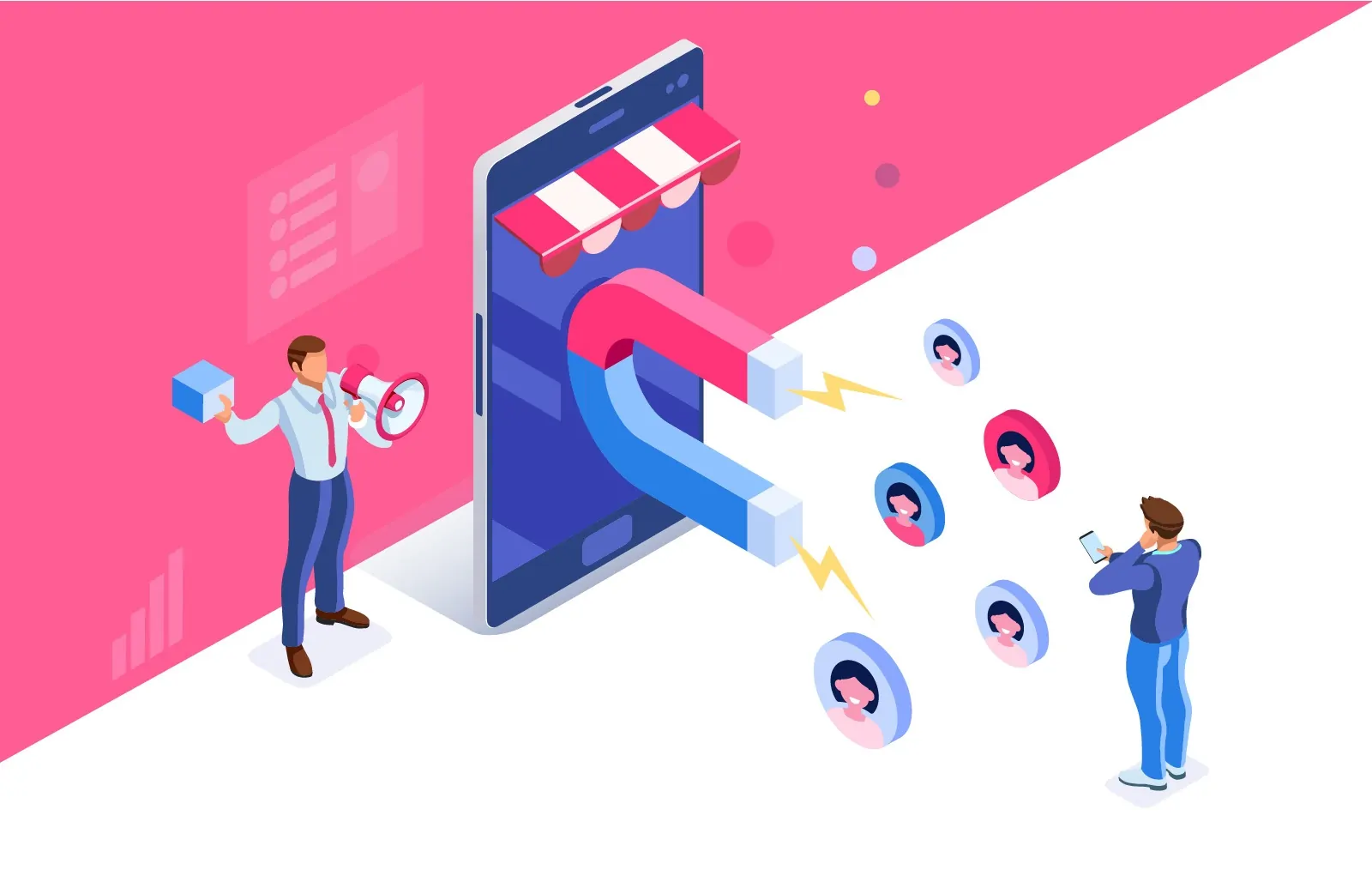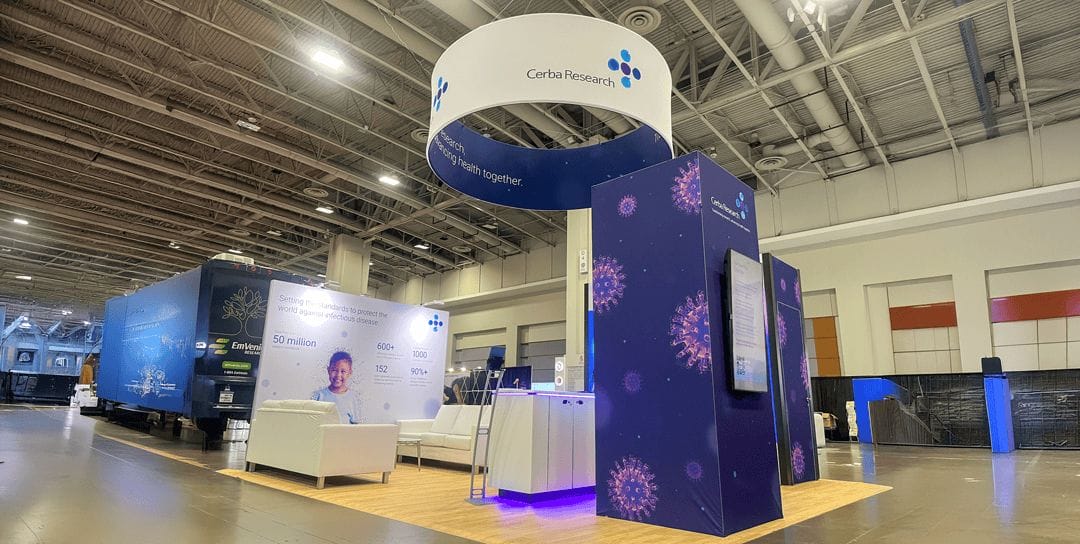Côte d’Ivoire is scaling up online learning to transform health professionals’ education and training as a component of its COVID-19 response. Although online learning is not a new approach in the country, several challenges limited its widespread
adoption within the health sector. Before the COVID-19 pandemic, only 28 of the country’s 113 districts could conduct health worker training using online platforms. In the wake of COVID-19 related travel restrictions, social distancing, and tightened
budget, it was essential to swiftly scale up online learning to rapidly educate and build health workers’ capacity to maintain essential health services while handling the new health threat from COVID-19.
To achieve the scale-up, WHO facilitated the formation and provided technical leadership to a Technical Working Group (TWG) comprising the Directorate of Training and Research, the National Institute of Public Health, the Institute of Public Hygiene,
the Pasteur Institute of Côte d’Ivoire, the Treichville University Hospital, and other relevant stakeholders to design and structure a costed national health strategy to strengthen health workers’ education and other capacities using digital
means. WHO’s technical leadership extended downstream to include support for faculty members and educators in health education institutions.
To back the national strategy implementation, WHO then undertook an extensive resource mobilisation that involved the government, international partners, and relevant stakeholders. With joint funding from the Government of Côte d’Ivoire
and the United States Agency for International Development (USAID), WHO provided high-end equipment, including laptops and desktops, inverters, stabilisers, internet connection equipment, cameras, television sets, internet servers and various
multimedia accessories across all 113 districts in the country.
Taking lessons from the WHO Academy,[1] WHO suggests a combination of technologies, including open-source software, SMS and an offline virtual learning environment pre-loaded onto a USB flash drive
to overcome connectivity barriers for health workers in remote areas with little or no access to the internet. In the future, Toll-free numbers could also be integrated into the platforms from which health workers could conduct surveillance activities
and receive immediate advice on the testing and management of COVID-19.
The project has proved successful, with close to 10 000 health workers across all 113 districts trained within a short period of six weeks for a quick COVID-19 pandemic response in the country. Health workers were not only better prepared
to confront the pandemic, but the digital approach also enhanced social distancing requirements to prevent the spread of COVID-19 and is now reframing how Côte d’Ivoire is using online learning to complement traditional face-to-face health worker
education. The extensive online network of public community-based dispensaries, several university hospitals and medical schools makes Côte d’Ivoire the first country in the West African sub-region to have a national multimedia online network,
covering the entire country.
Essential to this success was WHO effective collaboration and planning to procure online learning infrastructure across all districts in the country and technical leadership to train health managers and faculty staff on online learning methods and
application.




